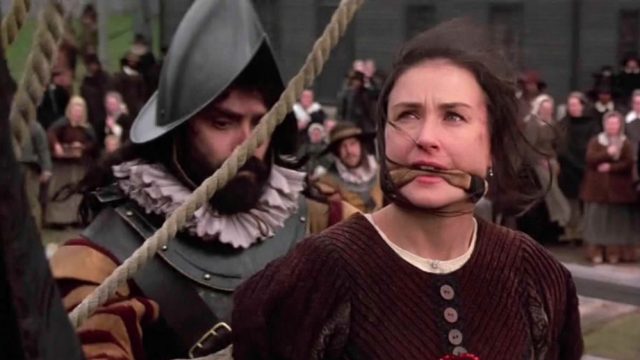The FAR entertains only the largest impending catastrophes! Nationalism in the East, Bro-downs in the West, fiascos on the big screen, reckonings on the small. And that biggest problem machine of them all – the human heart.
Thanks to notable non-disaster scb0212 for contributing this week. Send your articles next week to ploughmanplods [at] gmail, post your favorites from the past week below, and Have a Happy Friday!
In the New York Times, Abhrajyoti Chakraborty reports on India’s leading documentary filmmaker and his need to resort to secret screenings as Hindu nationalists in the government crack down:
Pansare had been active in progressive movements against caste and other discriminatory Hindu practices in the western state Maharashtra. Patwardhan first met Pansare in Mumbai, when he stopped the police from disrupting the screening of a documentary on Kashmir. “The next time I heard about him,” he told me, “was after his death.” The brazenness with which Pansare was murdered — he and his wife were shot outside their home, again by men on a motorcycle — had convinced Patwardhan to start working on “Reason”: “I knew right away I had to make a film.”
As teased by his curious watching habits last week, Sam Scott delves deep into disastrous director decisions for Looper:
But somehow, Roland Joffé thought he knew better than one of America’s most beloved authors. The Scarlet Letter satirizes Puritan hypocrisy, but there’s not much in it even a literal Puritan could object to. So naturally, the best way to adapt the story was to reinvent it in the mold of the erotic thrillers that were so popular in the ’90s. With Demi Moore as Hester and Gary Oldman as her lover, Arthur Dimmesdale, the movie mostly ignores the moral quandaries in the aftermath of their affair and focuses on the affair itself, which Hawthorne barely mentioned.
For The Atlantic, Megan Garber notes the comedy mined from the dispelling of Western mythos in the likes of Ted Lasso, Emily in Paris, and the new season of The Crown:
It’s notable, in that context, that one more element Emily in Paris and Ted Lasso have in common is both shows’ deep interest in the meaning of teams. Emily is constantly telling her colleagues, as they resist her, that “we’re on the same team.” (She also, at one point, says, “There’s no i in team”—only to be reminded that there definitely is an i in equipe.) In Ted, of course, the teamsmanship is literal. But one of the key elements of the show is that Ted doesn’t ultimately care about winning. He cares deeply about the fate of his team, and about the individual people who make up AFC Richmond. But winning as an end in itself? No. Ted has already made his peace with losing. He accepts the decline. That is how a comedy premised on a mistranslation of football can operate, at its edges, as an elegy.
Learn the depths of the online Bro fitness culture, its connection to medieval chivalry, and the scary trends it portends in American masculine culture from Patrick Wyman:
Two aspects neatly parallel modern Bro Culture: first, the emphasis on physicality and the body, and how that provided both a sense of the self and secured social status; and second, the restricted, bubble-like world that produced and emphasized it, with its fictional and real heroes, its stories about great deeds, its values, and its models to be emulated. Your average knight would absolutely identify with and appreciate this impossibly toxic meathead sentiment: [embedded YouTube video of a guy demonstrating how to kick a wall with a broken toe]
Bleh, this is getting dark, so we’re going to finish with this article about couples who found love in online games as reported in Wired by Aymann Ismail:
Couples who meet in games speak about their game memories the way others might about real-world dates. Jake and Tanya Basile of Austin, Texas, met in the online role-playing game EverQuest sometime in 1999 or 2000. “When he was trying to woo me, he took me to this place in the game,” Tanya says. “The dragon place. What was it?”
“Yeah. The Veeshan’s Temple,” Jake says.
“There’s all these dragons,” Tanya continues. “We’re just walking and talking as we’re looking at all these different dragons. We get to the top. It was nice! You don’t get things like that today.”

